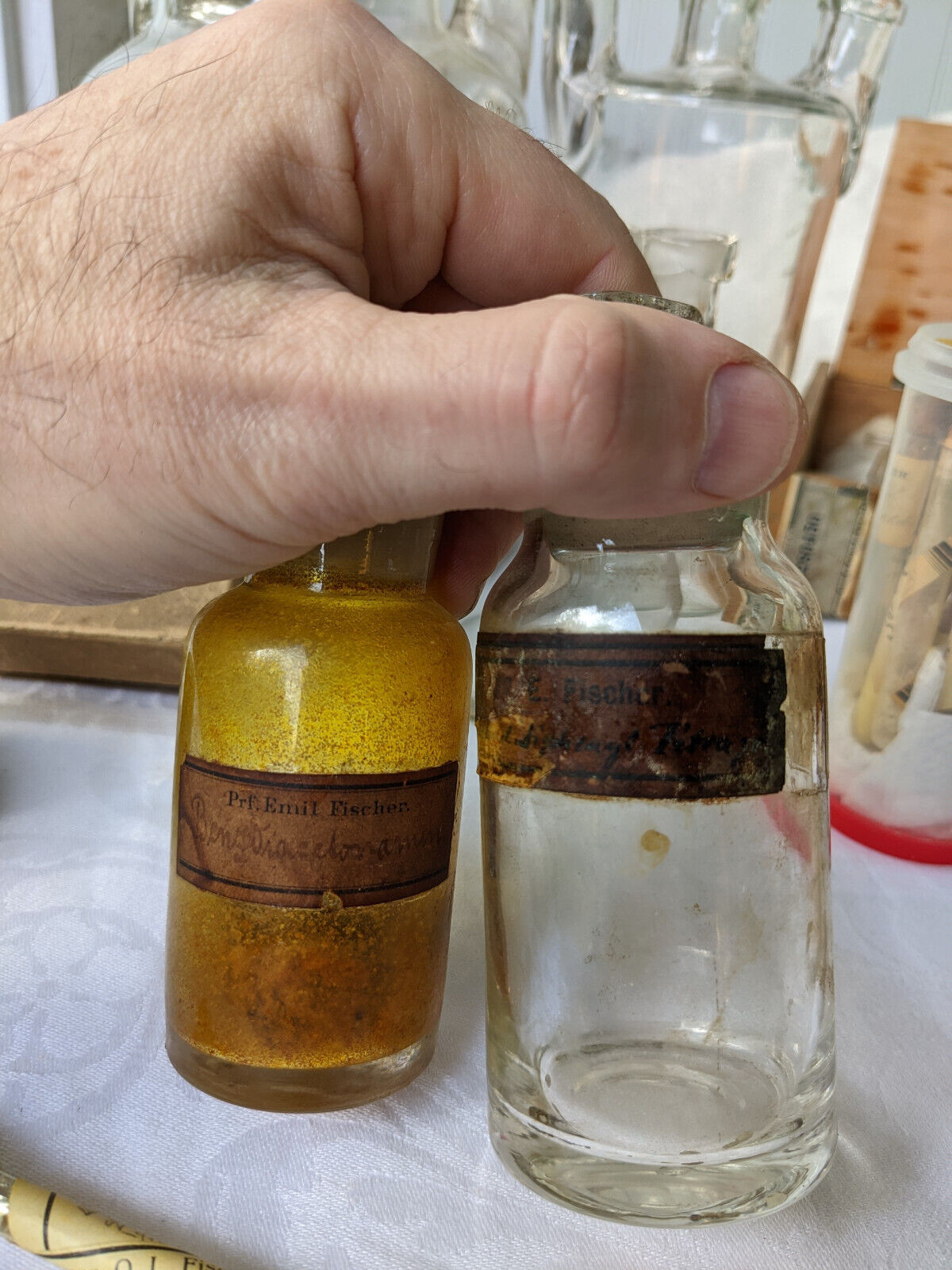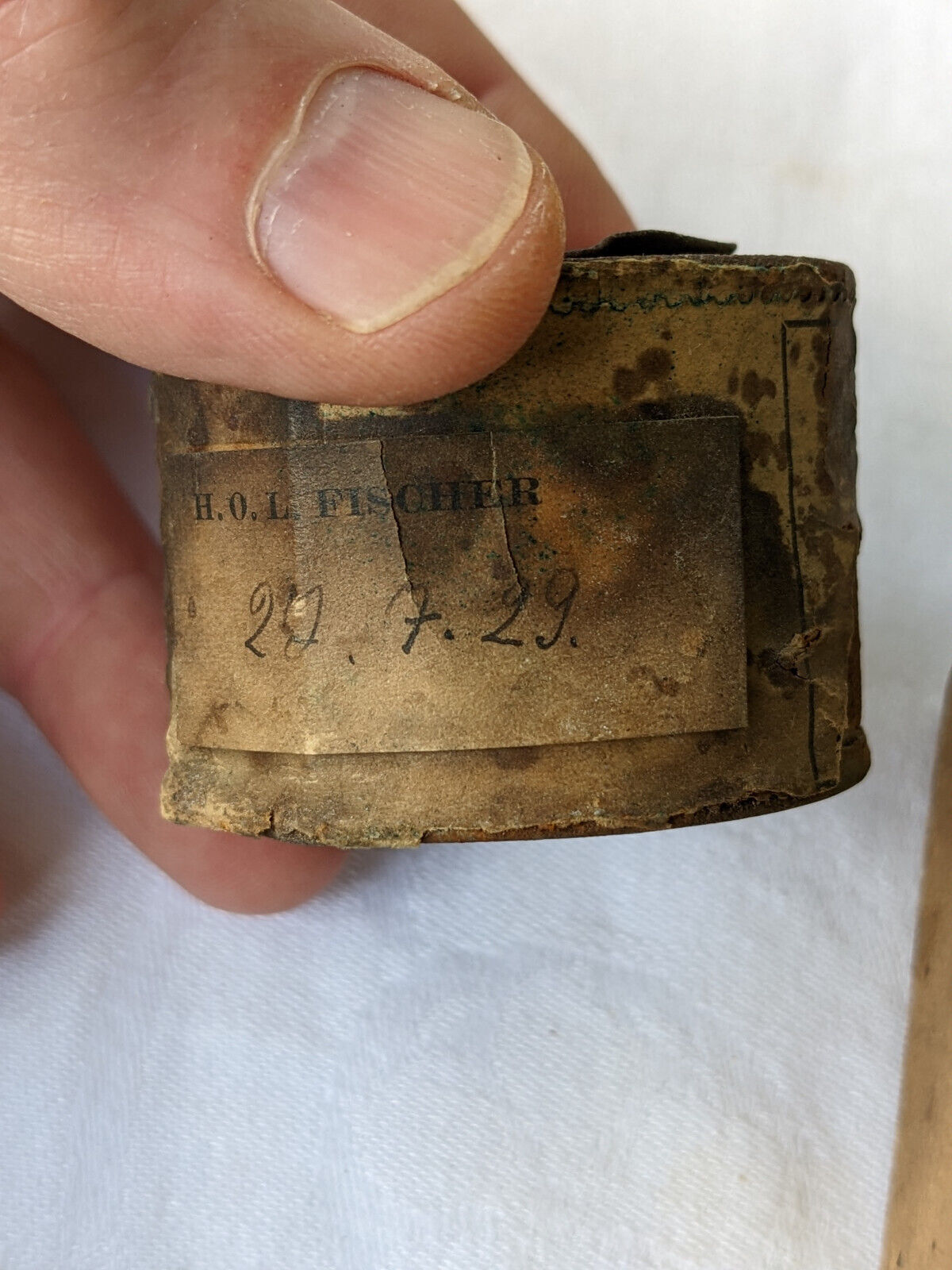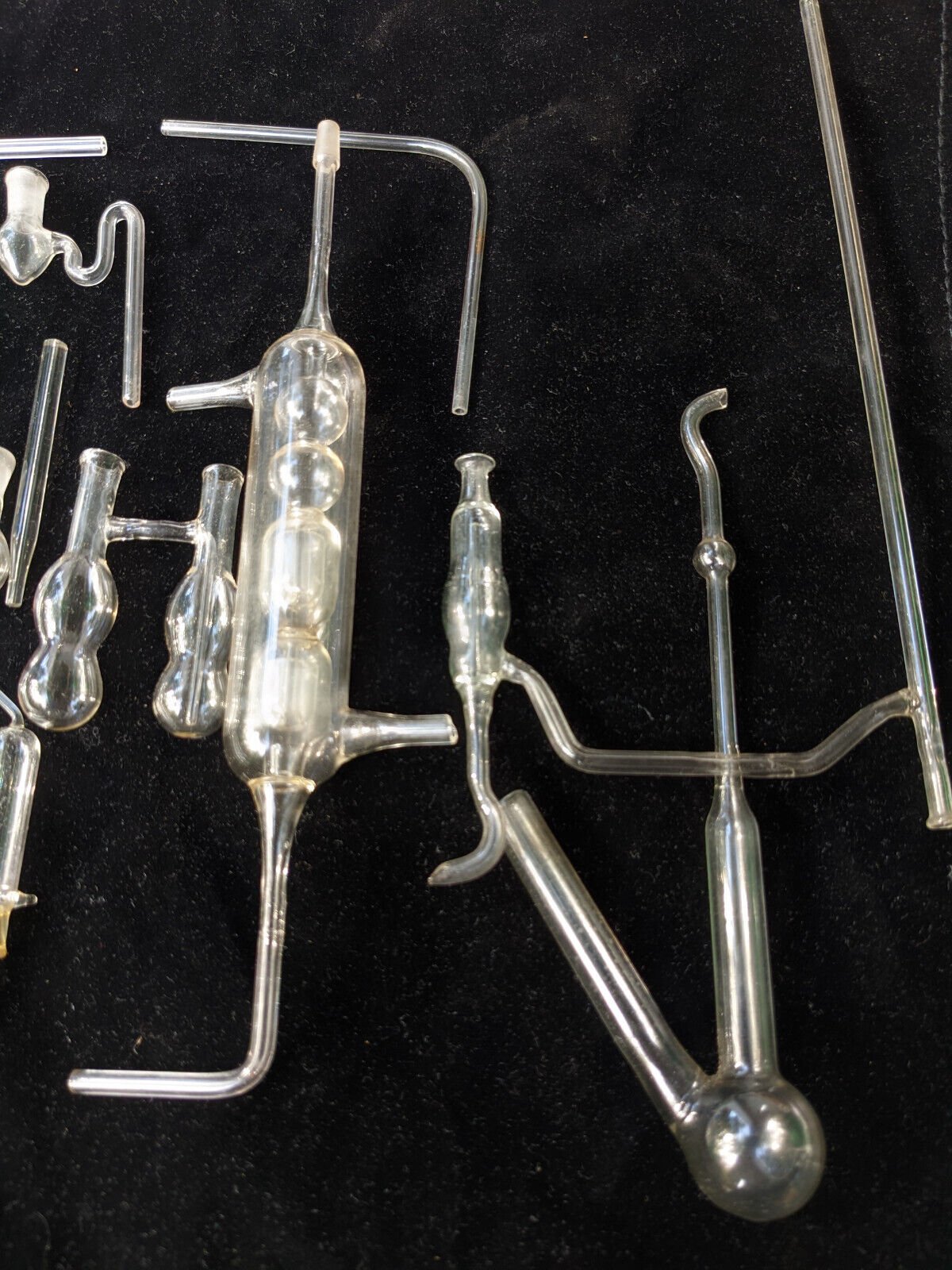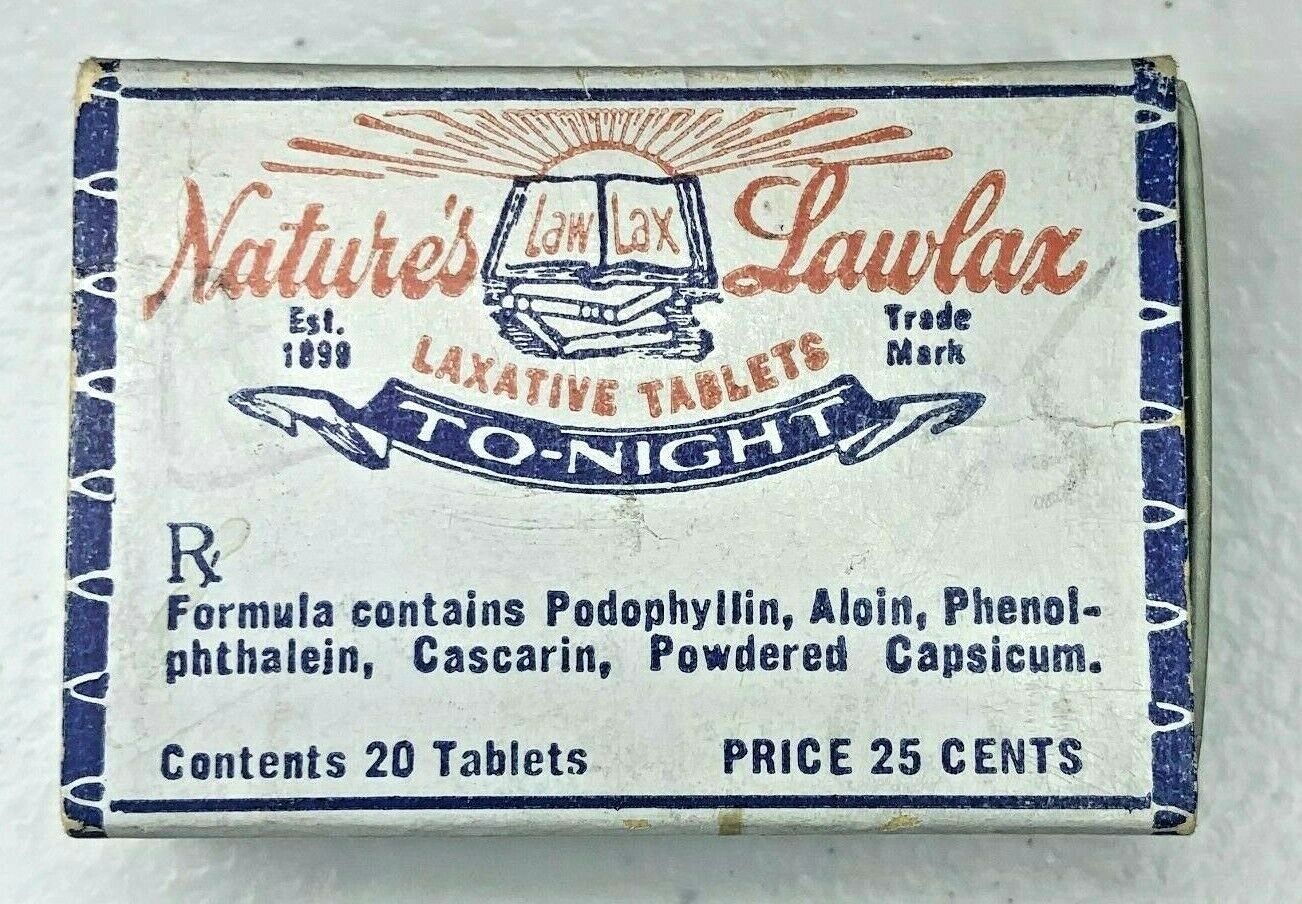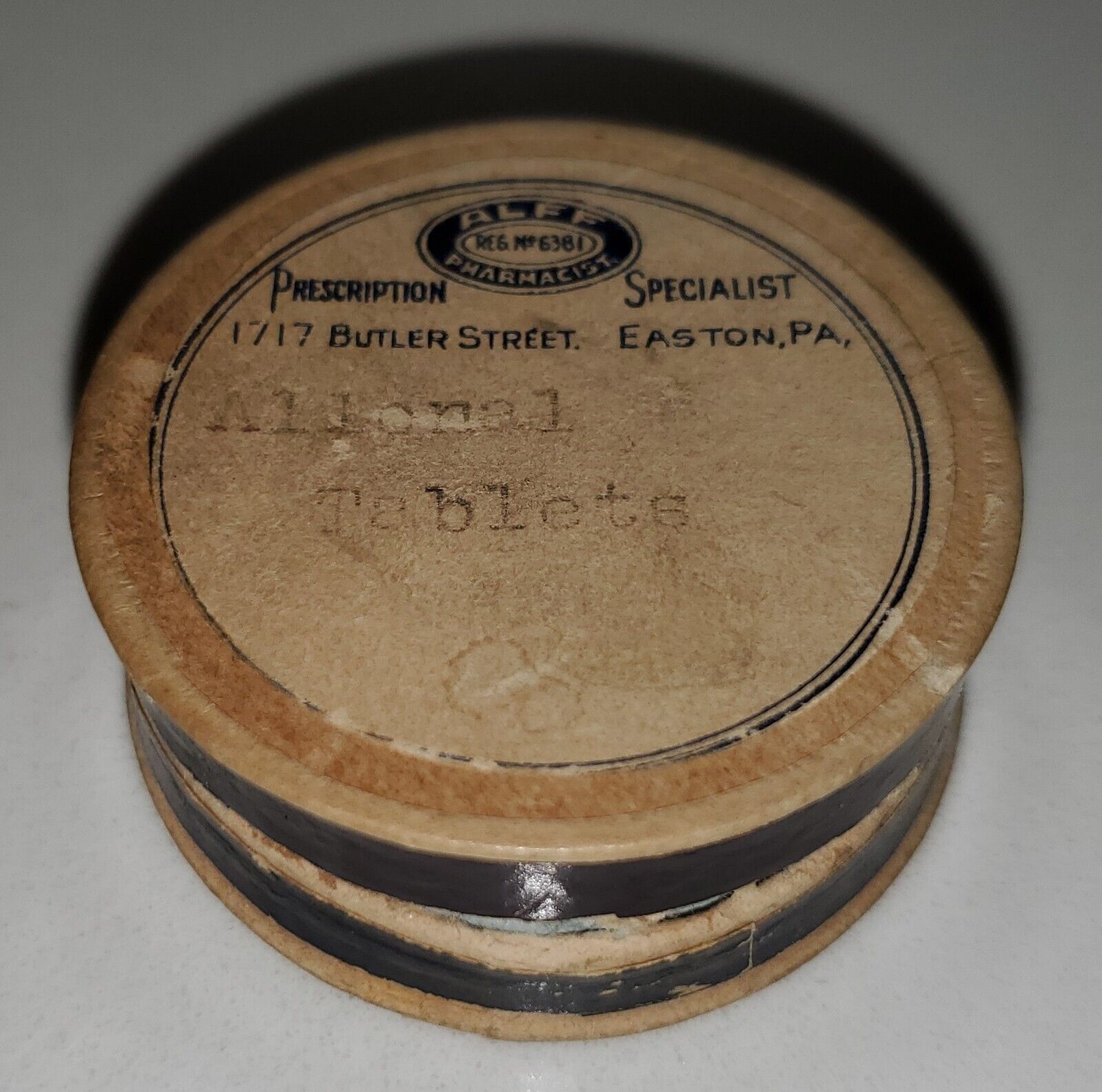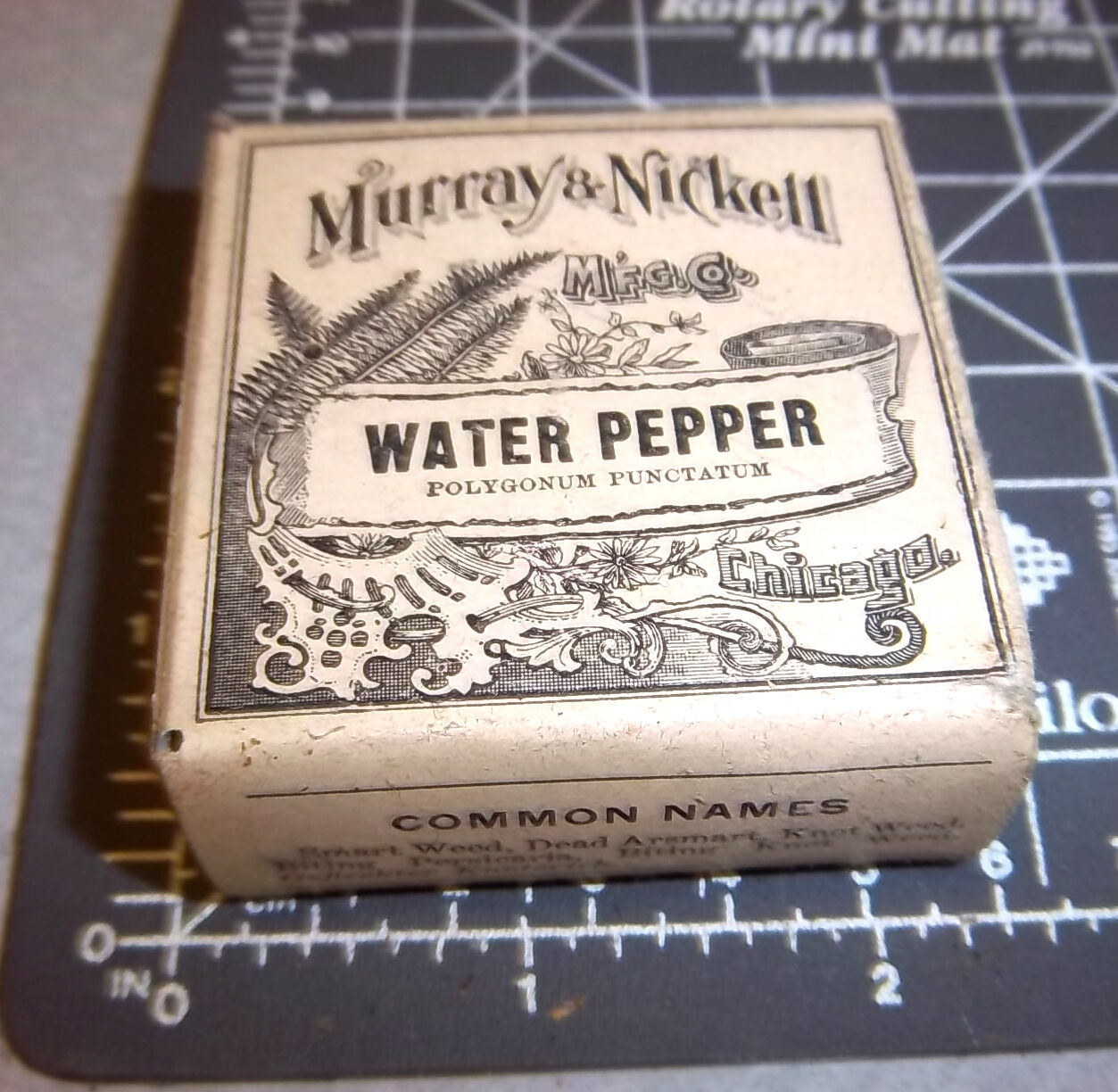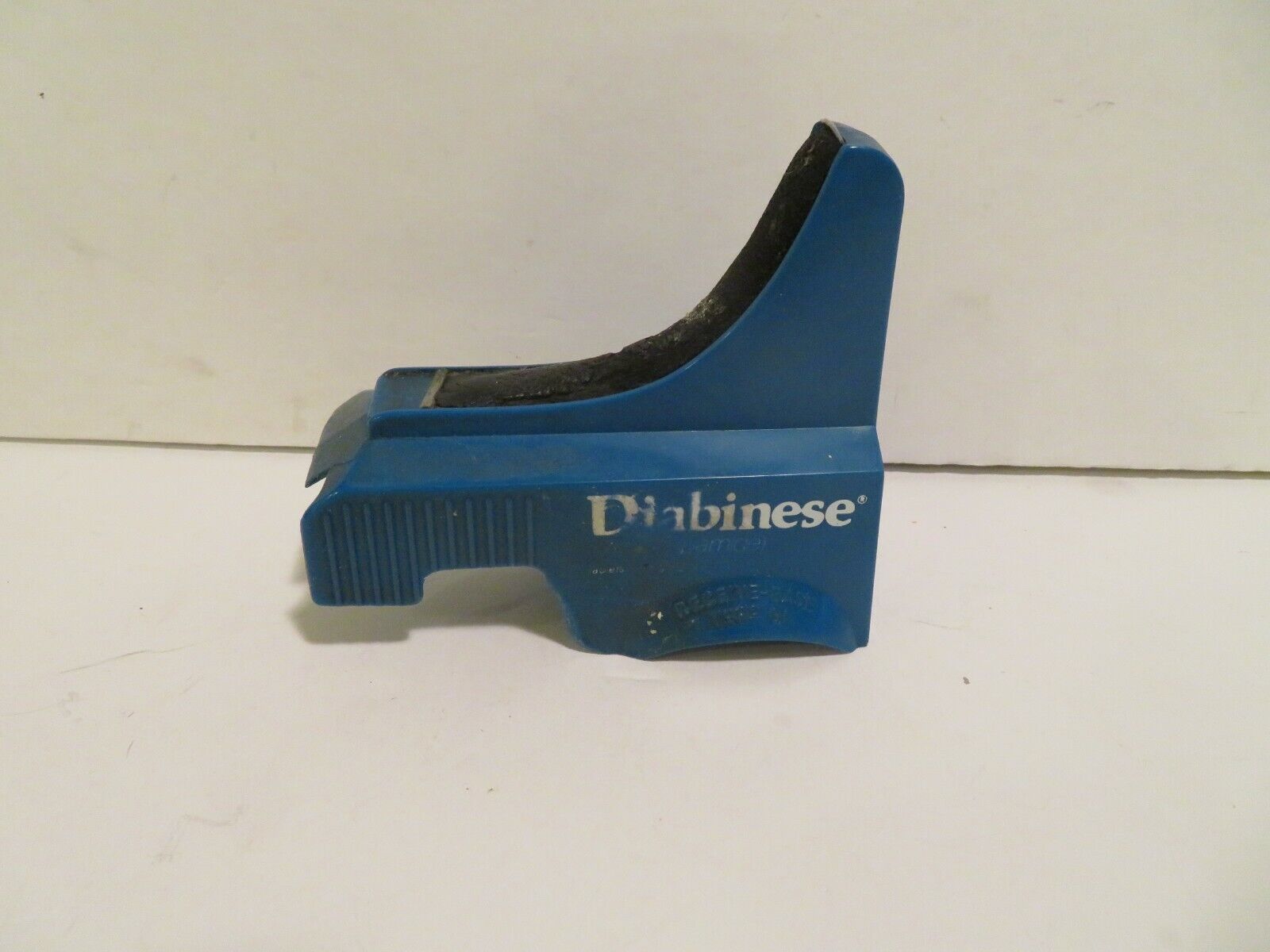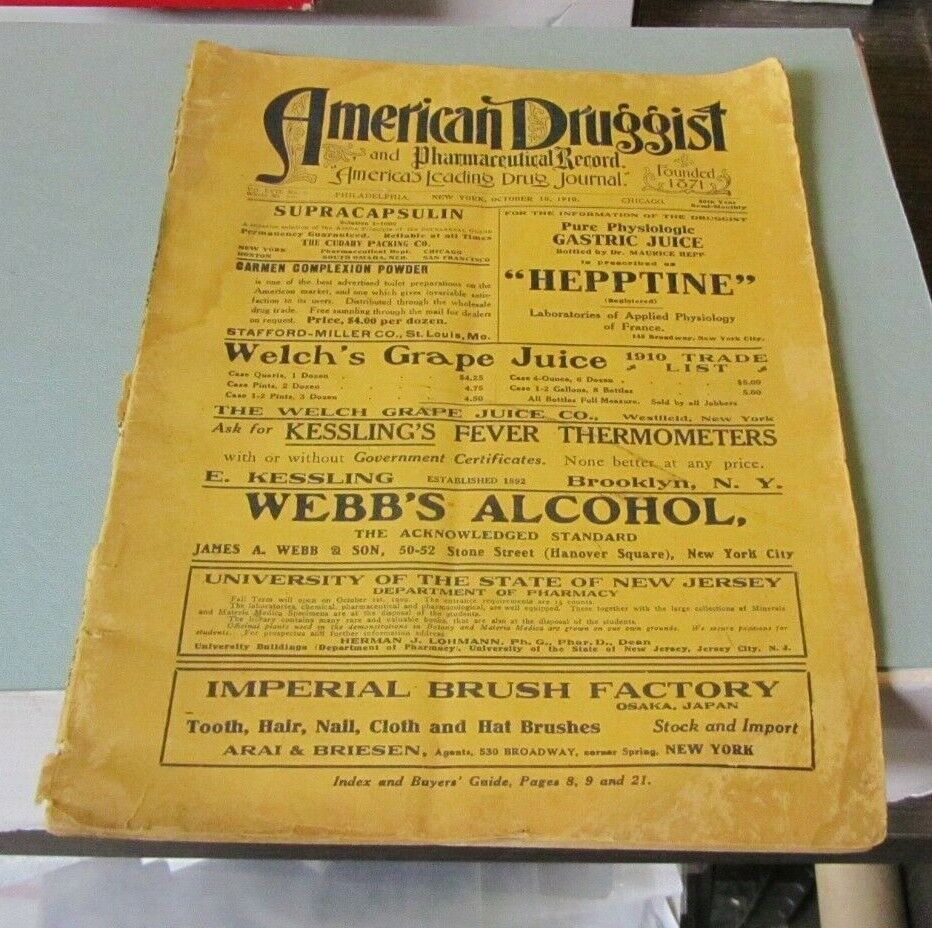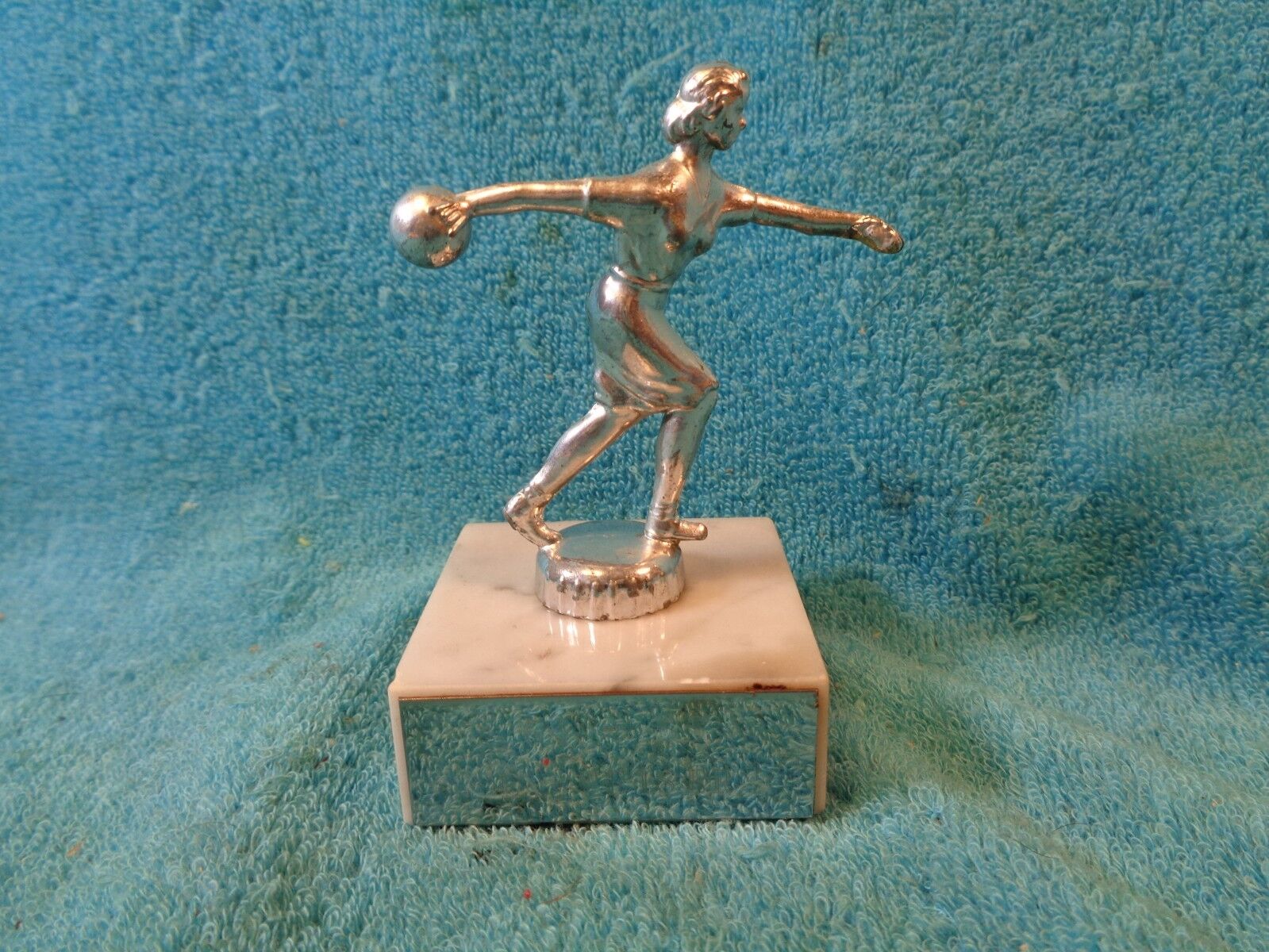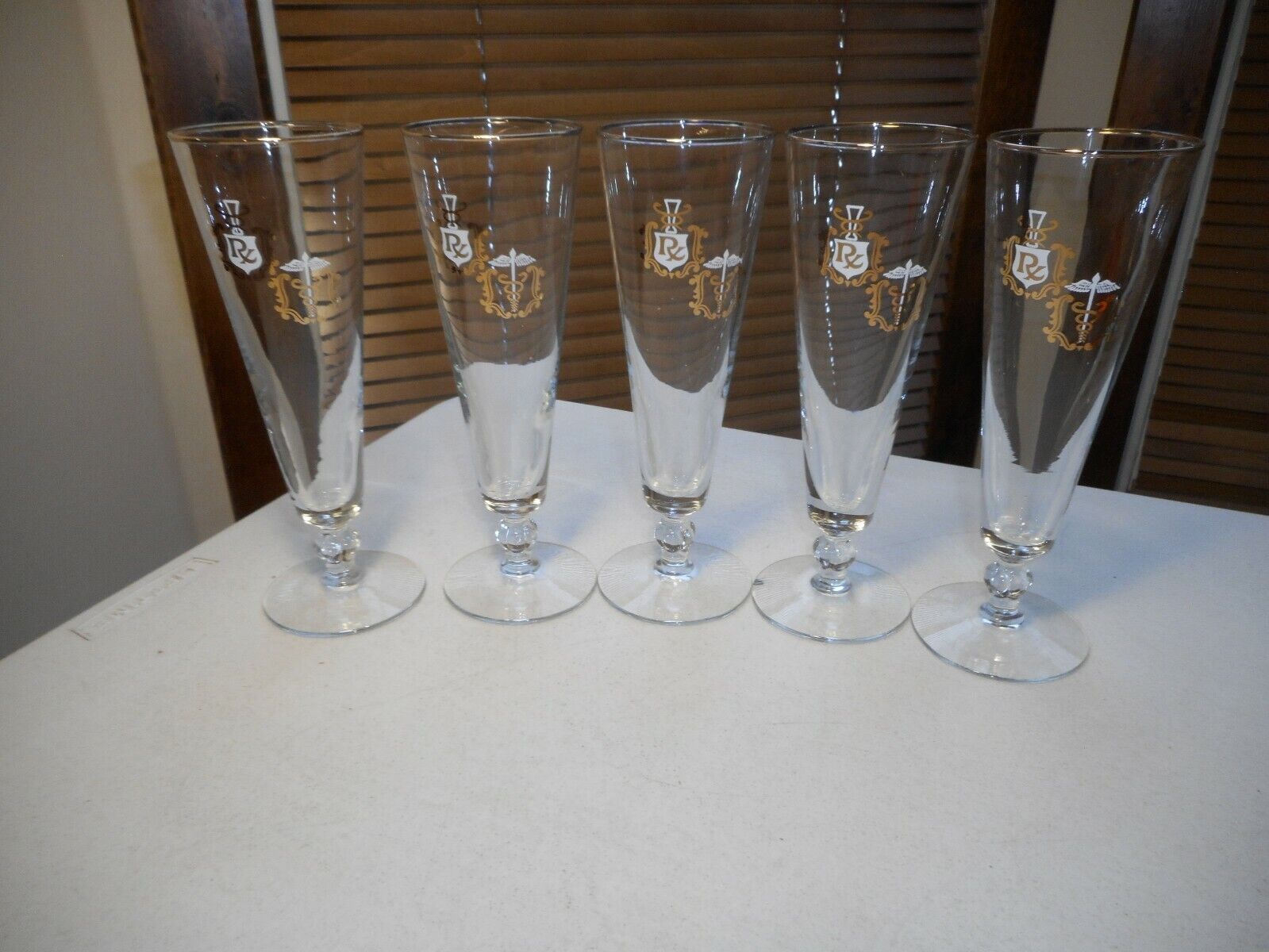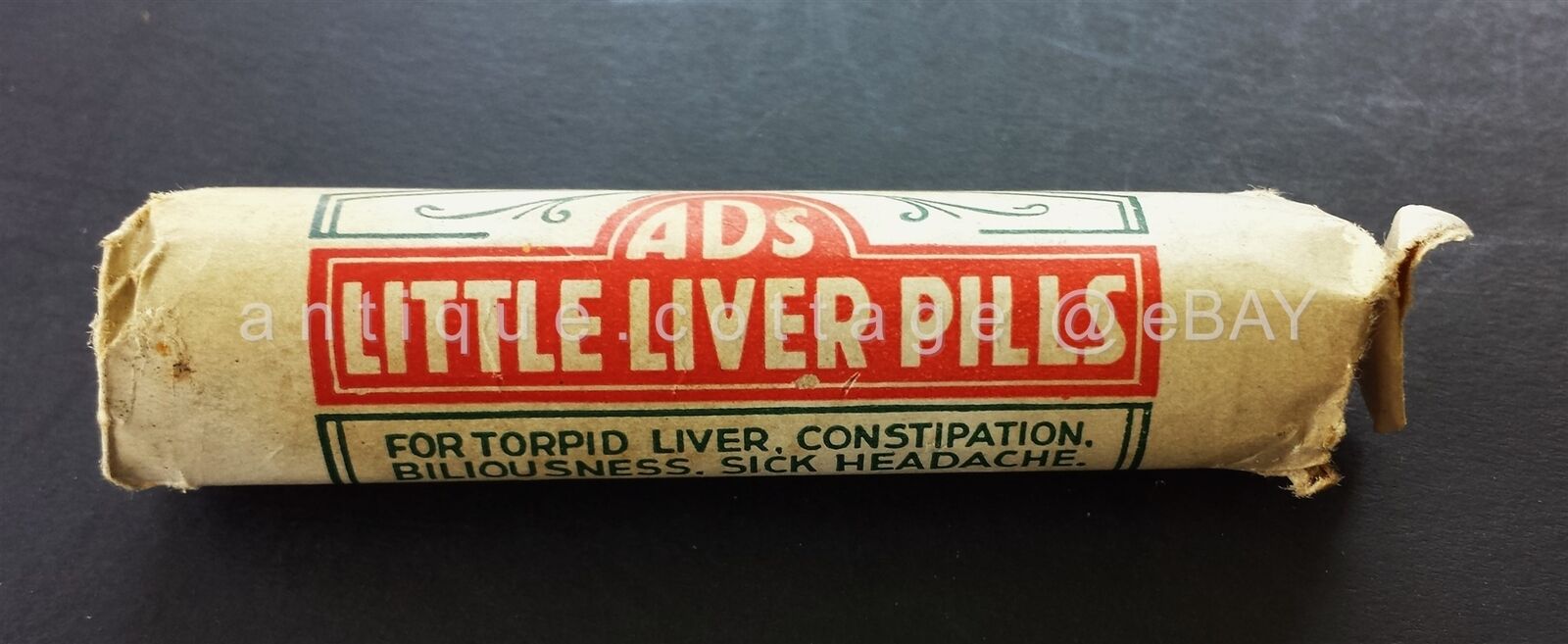-40%
Antique German lab glassware Nobelist E. Fischer & son 3-necked flasks bottles
$ 174.26
- Description
- Size Guide
Description
Antikes Laborglas Flaschen deutcher Chemiker Organische ChemieOn offer are several items used by Emil Fisher (1852-1919) the German analytical chemist who's discoveries won him the 1902 Nobel Prize in Chemistry. On the site nobelprize.org there is an article on his life and work.
There are also things belonging to his son, the biochemist Hermann Otto Laurenz Fischer ("HOLF") (1888-1960).
From 1937 to 1948, HOLF worked at the University of Toronto's Banting and Best Institute, where these items were found by my late father, Paul David Cooper, in the 1960s. He studied and researched as a chemist at U of Toronto.
I would consider selling some items individually.
The following are part of this small trove:
A triple-necked flask standing 19 cm tall, about 9 cm diameter. Openings are not ground glass. No identifying marks, no cracks, chips; minor signs of use. My late father affirmed it was from no later than the 1890s, belonged to Emil Fischer. Most certainly German production.
A triple-necked flask standing 12 cm tall, about 7 cm diameter. Ground glass openings (2x 11 mm & 1x 14 mm). No identifying marks. No information if it was originally E Fischer's or his son HOLF's. It appears to be later production than the above described flask. No cracks, chips, in excellent condition borosilicate glass.
A large triple-necked reaction flask with cork ring support, standing about 22 cm tall, about 13 cm diameter at widest. Central opening is 7.5 cm interior diameter, flat ground-glass flange top. Marked: "SCHOTT u GEN. JENA" with number "211" below this. The central opening is also etched "HF" identifying it as HOLF's glassware in all likelyhood. This is a handsome fine piece of glassware, thin and light and in very good condition: no cracks or chips, some scratches and minor signs of use on main body. I would be glad to provide more photos on request.
2 ground-glass stoppered chemical bottles with labels identifying them as from the stock of E. Fischer.
One bottle stands about 12.5 cm tall, appears empty, label is damaged and darkened in parts. Label with "E. Fischer" printed within a printed rectangle and the chemical's name is hand written in this field. Difficult to read the handwriting: 2nd word starts with "Tetraz.." The stopper can be removed, no chips or cracks; a fine antique bottle having belonged to the Nobelist Fischer.
The second glass stoppered bottle is narrower, stands 12 cm. It's about 1/5 filled with brown lumps of chemical. Label with "Prf. Emil Fischer" printed within a printed rectangle and the chemical's name is hand written in this field. Difficult to read the handwriting since quite darkened, possibly "BenzDiacetocloramin.." (?). An antique German bottle also with a great deal of charm and character.
2 cork stoppered bottles:
One is 11 cm tall with the stopper, contains a few grams of d,l-Alanine (re-labeled as well). Handwritten in German with a date of "Juli (?)9"
2nd is smaller, 9 cm tall, contains white powder Handwritten "Carbonatogallursaun (?) Haarfinb. (?)" with "FREUDENBERG" printed above the handwriting.
Glass and corks of both are in fine condition. Labels quite yellowed, intact, light damage.
These 2 corked bottles could be either H. Fischer's or HOLF's, but their style and labels are likely WWI period.
There is a small tin of a product, 3.5 cm tall by 5 cm diameter. The clearest part of the label is printed "H.O.L. FISCHER" & handwritten "27. 7. 29." Other parts of the label are printed, but quite corroded and damaged and darkened: "...CuGON" "...ikationsware" "Leverkusan b Koln..."
16 small labeled tubes of chemicals. Mostly clearly identified. Printed "H. O. L. FISCHER" with handwritting for the chemical names. 6-7 cm long glass tubes with cork stoppers.
Glass tubed apparatus in square carton box (7.5 cm x 7.5 cm). Typed label reads:
Wägs-?ohrchen
zur Dumas Bestimmung ;
austariert für Links-
stellung des Reiters;
samt Schutzhülse und
Metallbänkchen.
Tara = 0.5 g Gewicht.
14 borosilicate glass pieces in a cedar cigar box.
These pieces are likely early 20th century, with a water-cooled condenser, some connections ground-glass joints, others not. It looks like it would have been used for micro-distillation.
Recently I sold a number of letters from various scientists to H.O.L. Fischer and copies of some of his responses. I have photos of these documents for those interested. Please ask for the link.
These items could interest a chemistry or science museum, perhaps in Germany. A mention to colleagues you think are interested would be highly appreciated.
Please visit my other ads; many shop, technical and lab & electronic things from my late father's estate.



